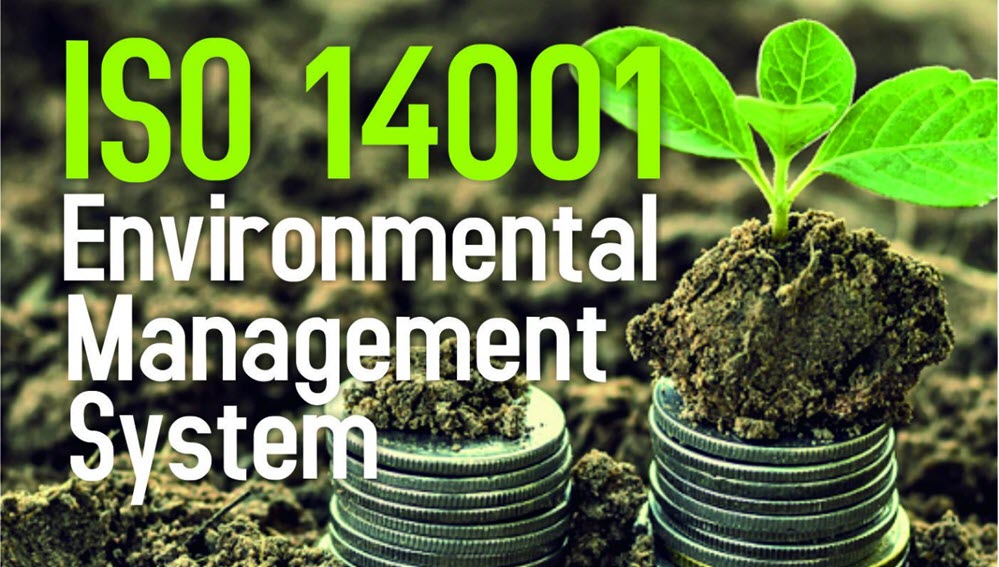EQMS Blog

Using ISO 9001 Consultants For Your QMS Development
According to the results of various studies, organisations will accomplish direct financial return by implementing an efficient Quality Management System (QMS). To put it simply, a QMS can be described as a set of conforming activities deemed necessary to consistently provide quality products and services. In order to achieve this level of quality, an entity has to fulfill the requirements of relevant standards that serve the purpose of satisfying customer’s needs in an efficient and effective manner.
What is ISO 9001?
Basically, ISO 9001 is an internationally recognised standard defining the necessary and particular requirements for the implementation of a QMS. Now, a lot of organisations implement this standard to prove their promising capability of delivering quality products and services. By means of this standard they also validate the fact that their entity is not confined to meet customers’ needs only but they are also capable to show full compliance with regulatory requirements in a responsible manner. It must be kept in mind that ISO 9001 Certification is used by large as well as small business entities since its scope is not limited to the size or type of industry. There is no doubt that organisations implementing an effective QMS can reap the benefits of saving precious resources, increase productivity and improve customer relationships in the long run.
Importance of Using ISO 9001 Consultants for Your QMS Development
Organisations must be aware of the fact that when a Quality Management Systems is designed and implemented in an ineffective way, then it can add more obstacles than benefits. In the same way, an inefficient QMS will not provide clarity on how well customer’s requirements have been met or if business objectives have been realised. In contrast, a well-designed QMS with proper implementation has the ability to offer favorable and long-term results. In this regard, it is important to comprehend the fact that ISO 9001 can be planned and implemented without external help. However, in the absence of any proper guidance from a specialist such as an ISO 9001 Consultant the QMS development often suffer from improper planning, followed by a poor and inefficient implementation.
Furthermore, profound knowledge and best practices with experience considerably affects the QMS design and capacity to fulfill objectives of an organisation. One cannot deny the fact that there is no alternative for experience. An organisation can really use the help of an experienced consultant in order to have a QMS that can be utilized to its full potential. Therefore, by means of hiring the services of an expert ISO 9001 consultant, an organisation can take advantage from their insight and QMS knowledge. The most important reason of using ISO 9001 Consultants for your QMS development is the credibility they bring for your organisation. Moreover, it becomes challenging to acquire the best outcomes from average consultants, thus, it is best to hire skilled ISO 9001 certified consultants who can offer full expertise in the assigned tasks and provide comprehensive details.
Additionally, maintenance of high standards can be observed by hiring the services of ISO 9001 consultants. There is an advantage for an entity that there is a proper screening process for the selection and evaluation of these consultants, to ensure the are suitable for the given task in the respective field.
It is also true that a number of entities choose not to use the services of ISO 9001 consultants and they do succeed in enhancing their business operations. However, it is often done over a longer period of time and with extensive use of resources. In contrast, the organisations utilising the services and experience of ISO certified consultants, improve their business operations at a very fast pace. Similarly, business operations that choose to use ISO 9001 consultants for their QMS development, often reduce cost, increase turnover and ensure a long-term success.
If you are interested in support with your QMS development, then contact us for a free consultation.

Request a free consultation
Contact us to discuss your needs and see how we can support to reach your goal.

Recent posts

In today's digital age, businesses are constantly exposed to various cyber threats. As a result, companies must adopt a proactive approach to cybersecurity to prevent data breaches, theft, and other...

Quality management systems are essential in ensuring that organisations can deliver quality products and services consistently. The International Organisation for Standardization (ISO) developed the ISO 9001 standard to help organisations...

ISO 14001 is a globally recognised standard for environmental management systems (EMS) that helps organisations manage their environmental impact and improve their sustainability performance. Obtaining this certification demonstrates a company's...
Just a Few of Our Clients
Request a Free Consultation
Contact us to discuss your needs and see how we can support to reach your goal.















